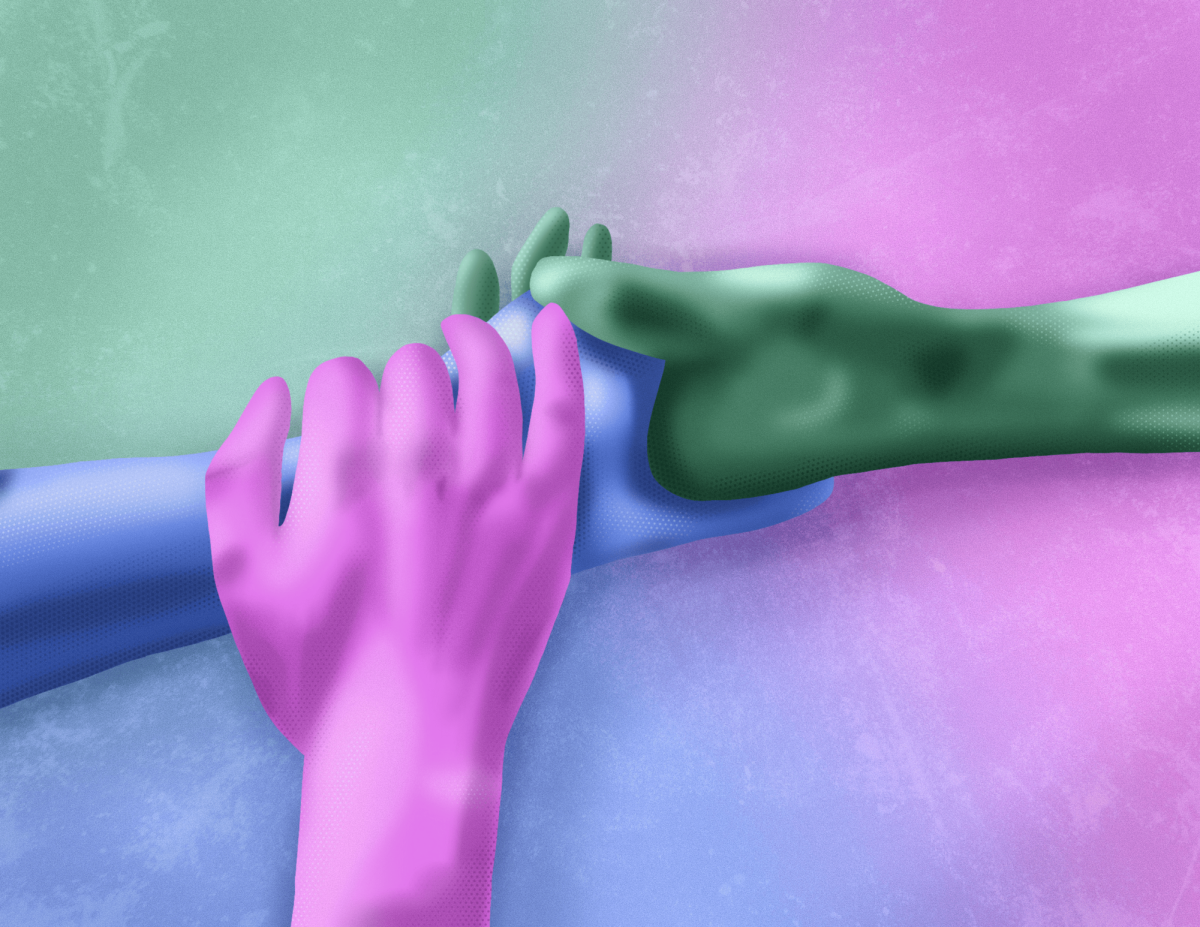From drafting your application to adjusting to new coursework and degree requirements, going through the internal transfer process can be a daunting, stressful and emotionally exhausting experience.
While entities such as the Vick Advising Excellence Center and Texas Career Engagement offer academic resources for students going through the internal transfer process, there is a lack of mental health support for students during this transition.
The UT Counseling and Mental Health Center (CMHC) offers student support groups, where students going through similar experiences can gather and provide emotional support for each other during stressful times.
The CMHC should create an internal transfer student support group, where students going through the internal transfer process can share their struggles and get advice. By creating an internal transfer student support group, CMHC can offer a safe space for prospective internal transfer students to receive encouragement during their major switch journey.
Aryan Bhalla, a management and informatics senior who went through the internal transfer process three times, said that it can be emotionally challenging.
“There’s a bit of nervousness, right, you’re leaving your degree, you’re trying something new. There’s always that sort of hesitation,” Bhalla said. “I was aware that this could push back my graduation, which it did.”
For students transferring to larger schools within UT that have highly competitive admissions processes, like McCombs, Cockrell and the Jackson Geosciences School, the internal transfer process can be even more daunting.
“The acceptance rate is low, and the average GPA and the numbers that are given out are high, which discourages people and it scares them,” said Bhalla, who applied to transfer to McCombs at the end of his sophomore year. “What would have helped was … somebody coming up to me and telling me, ‘You can do it. If you don’t manage to do it, it’s not the end of the world.’”
According to Dr. Ginny Maril, Director of Clinical Services at CMHC, a support group would offer a judgment-free space for students to discuss their experiences with the internal transfer process.
“(Internal transfer) can be a whole identity shift for somebody and really change expectations of self (and) family expectations,” said Dr. Maril. “Just being able, in a confidential space, to talk candidly about the experience is helpful. There are folks in there who aren’t going to be sharing that information with anybody.”
The CMHC already offers a range of support groups, including the “Dissertation Support Group” for graduate students seeking support during their dissertation projects. According to Dr. Maril, the process for pitching new support group ideas is fairly simple.
“We have a feedback form on our website where anybody can just message us and say this is a cool potential group idea,” Dr. Maril said. “We really do want to be responsive to student needs, so if we hear that there’s enough interest generated, we’re definitely on board with supporting.”
Changing majors is not easy, but as students we can serve as each other’s biggest resource by advocating for one another. Both students and UT staff see the need for student support groups for internal transfer students and with them, CMHC can bring the UT body of internal transfer students together.
Mehta is a business and Plan II sophomore from Frisco, Texas.














